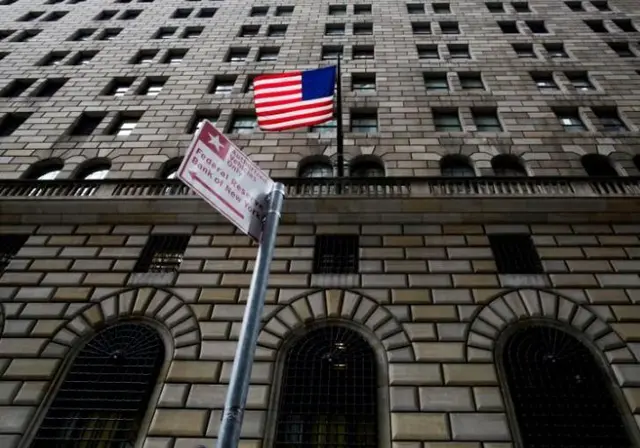The government of Prime Minister Shinzo Abe indicated it wants companies to raise salaries as corporate earnings and investments increase, to spur its reflationary efforts as business and union leaders began negotiations on annual wages here Wednesday.
Japan's most powerful business lobby, the Japan Business Federation and the Japanese Trade Union Confederation, known respectively as Keidanren and Rengo, concluded in their talks that they would seek an increase in base salaries depending on individual companies' situations.
In line with the government and the central bank's moves to reverse decades of deflation and hit a 2 percent inflation target in two years, having already hit 1 percent at the midway point, the Keidanren chief remarked Wednesday that respective companies will work hard to augment wages.
Noting recent market volatility, which has seen large capital outflows from emerging economies into safe havens, like the Japanese yen, which has pushed its price up against other major currencies, causing a dour market mood, the federation's head said that the market backdrop would not factor into ongoing talks.
"The current market turmoil won't affect wage negotiations. Each company will do their utmost to increase wages depending on their earning situation," Hiromasa Yonekura, head of Keidanren, told a press briefing after initial talks with Rengo, adding that the business environment is right to reverse deflation and achieve sustainable economic growth.
Nobuaki Koga, head of Rengo, specifically, is looking for companies to boost base salaries here by more than 1 percent, with an aim for employees at small-to-medium-sized companies and those in irregular employment to see wage hikes in the region of 2 percent.
With the annual pay negotiations scheduled to conclude in March, one month before a 3 percent increase in consumption tax, Abe and his administration are keen to ensure corporate growth and increased wages, as well as realize a more vibrant job market, in a bid to offset some of the inevitable downside effects of the tax hike, in twine with state budgetary measures.
Hence the government on Wednesday encouraged companies here to channel profits made back into employee wages, which in turn will underpin consumer spending, which accounts for roughly 60 percent of Japan's GDP.
As the economy grows, businesses will benefit from increased earnings and investment and so the cycle will continue, the government's top spokesperson outlined Wednesday.
"It's of vital importance that companies use profits boosted by Abenomics to raise wages and create jobs and a virtuous cycle of the economy," Chief Cabinet Secretary Yoshihide Suga told reporters following talks between Keidanren and Rengo.
"If the move spreads to increase wages, including pay-scale hikes, we will be able to realize a virtuous cycle of the economy, " Suga said, adding that in spite of companies preferring to raise bonuses rather than base salaries, the raising of the latter would have a broader, wider-ranging benefit to businesses and the economy in general.
Companies, however, remain circumspect to an immediate increase in salary outlays, as the economy is only showing embryonic signs of recovery as evidenced by the fact that Rengo is demanding pay- scale increases for the first time in five years and Keidanren recognizing the need in its annual report for the first time since the global financial crash in 2008.
But as talks launched from a trilateral consensual platform, with the government, Keidanren and Rengo essentially being on the same page, data released earlier Wednesday suggested that immediate wage hikes may cause financial woes to some companies already concerned about the negative fallout from the sales tax increase and recent market volatility that has led to wages being frozen in some cases.
Japan's Ministry of Health, Labor, and Welfare said in a report Wednesday that the average monthly wage in Japan, including bonuses, hit a record low for the second straight year in 2013, despite rises in bonuses, and dropped 0.2 percent in December from a year earlier, marking a 19-month straight run of declines.
With wages of part-time workers pulling down the overall salary figure on a monthly basis, some market experts believe a rapid turnaround may be a tall order for some companies yet to see the benefits of the government's efforts towards economic revival.
"Base salaries might not increase as much as Rengo has requested as company executives may not have enough faith in Japan 's economic recovery to raise wages," Yoshiyuki Suimon, an economist at Nomura Securities Co., said of the current situation.
Other prominent analysts also agreed that wages may only rise marginally this year and even then may not be sustainable unless the government unrolls further measures to boost productivity.
They added that while raising prices may be relatively easy in the current environment, leaning on companies to increase wages is a far more difficult proposition.
 简体中文
简体中文

